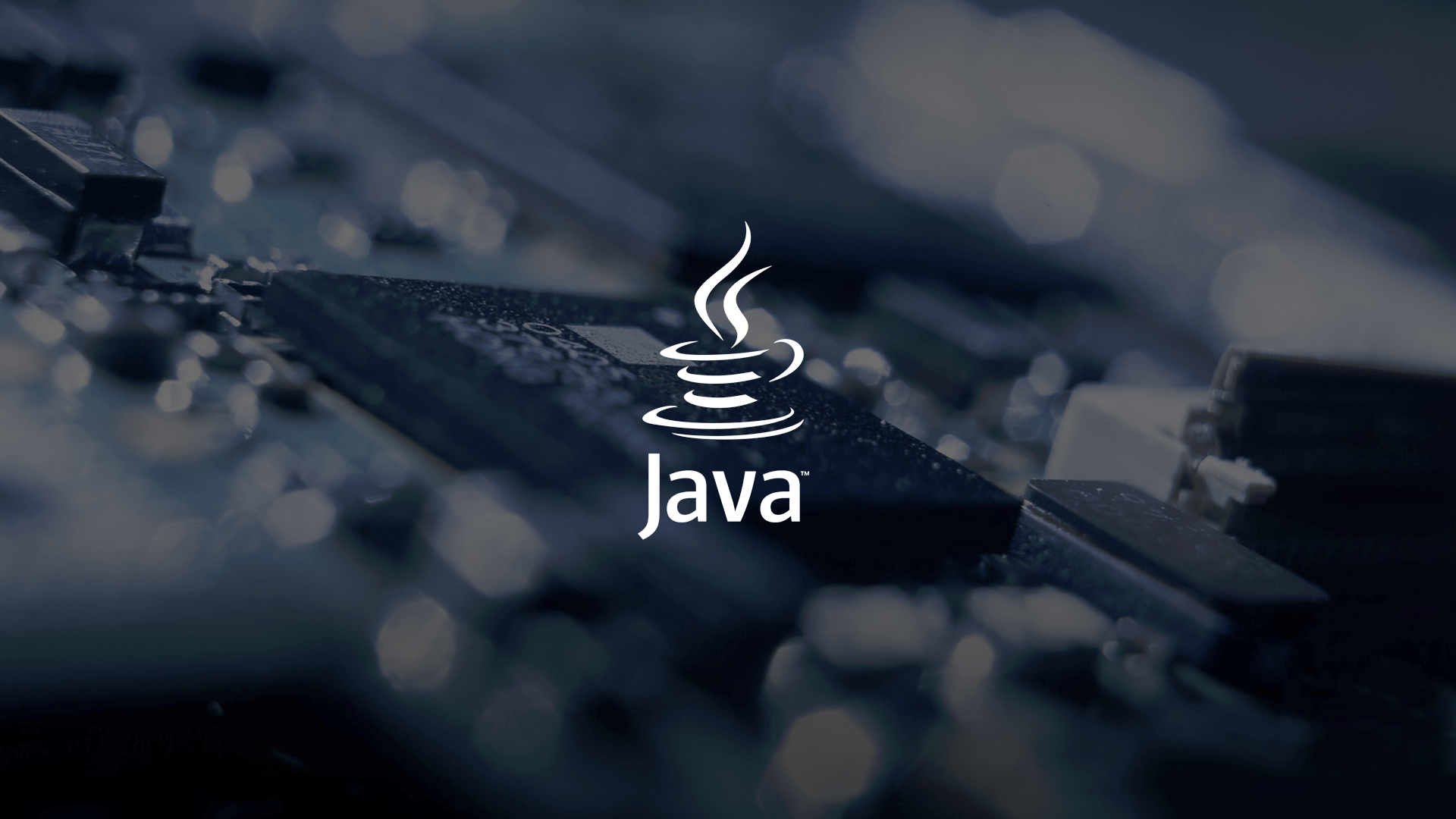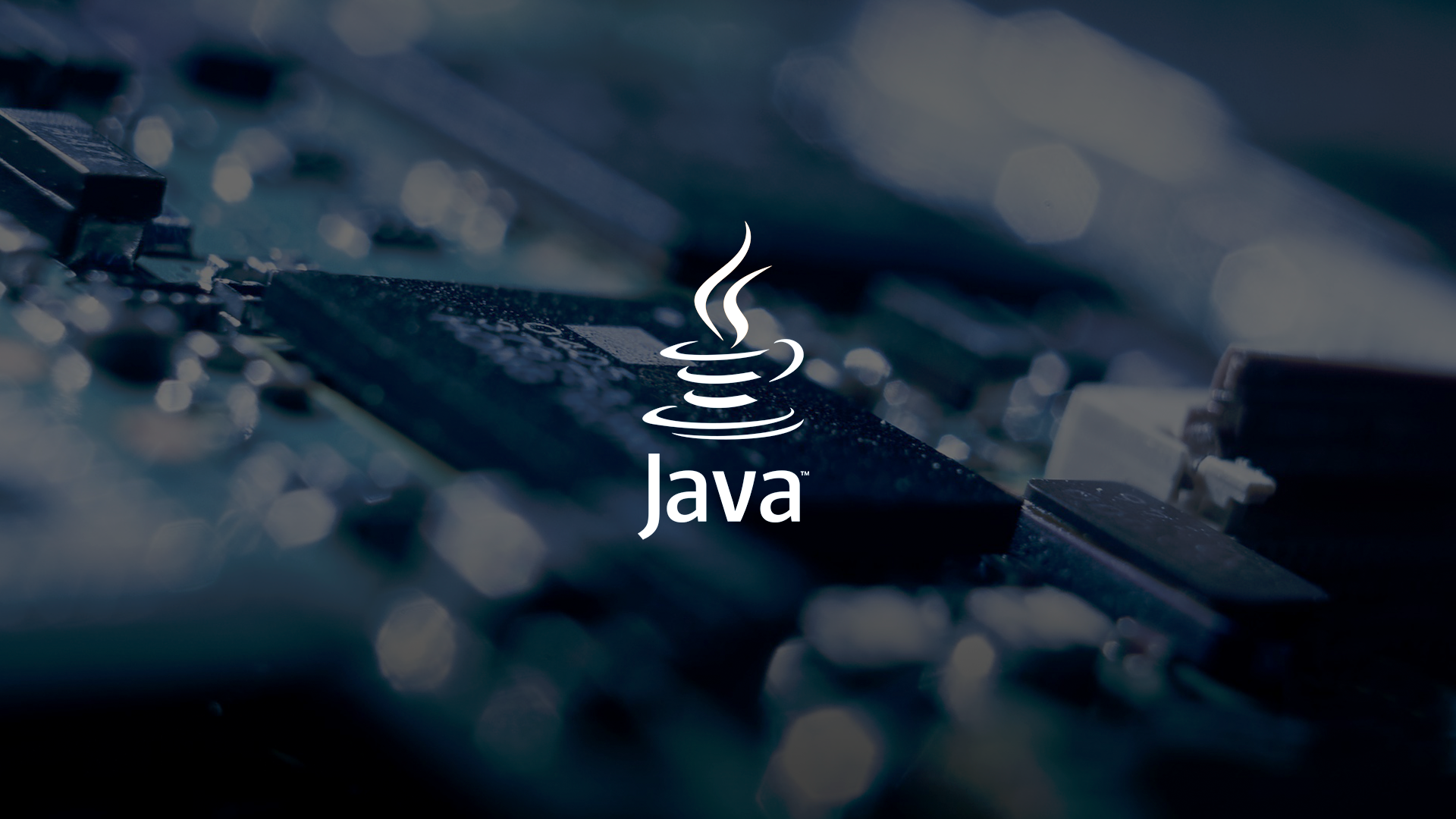Java: History, Editions and Different Types of Classes

Index Of The Blog
Different types of Java Editions and Classes


History of Java
Java language is developed and designed by a Canadian developer James Gosling along with his green team in 1991. Java was initially developed for set up box and similar electronic devices. But they accidentally developed Java. This project was initiated by James Gosling, Patrick Naughton, and Mike Sheridan. The group of the developer called the Green Team (Java Team). Initially, the team wanted to name the language as Oak as it represents strength and is also the national tree of various countries. But the name was already registered by Oak Technologies, so Java came into being. Java was selected as it is the name of an Island where the first coffee was discovered. Java was released in the year 1995. Different types of Java Editions and Classes
Different Type of Java Editions
There are four types of java editions available. They are:
- Java Standard Edition (Java SE) – Java standard edition provides basic functionality like declaring or defining classes, objects, variables, etc. It is a general-purpose programming platform. It includes various APIs (Application Program Interface), libraries and Java Virtual Machine (JVM).
- Java Enterprise Edition (Java EE) – Java Enterprise Edition is the advanced version or is the superset of the standard edition and is used in enterprise-level for the development of web server applications. It includes more APIs developed and owned by Oracle. Topics like Servlet, Java Persistence API, are included in this edition, etc.
- Java Micro Edition (Java ME) – This edition is for the designing and development of mobile phone applications. It provides a strong and flexible atmosphere for application to run
- JavaFX – It is a platform used for developing desktop-based applications and to develop Rich Internet Applications (RIA). It is also portable as it can run on different types of devices.
Different types of Java Classes
- Mutable Class – Unlike the immutable class in which once an object is created, you cannot change anything. But in mutable class even after the object is created, you can change it according to your requirement.
- Abstract Class – Abstract Class in java is declared with the abstract keyword and used for abstraction. Abstraction is hiding the background details from the end-user. Both abstract and non-abstract methods can be included in an abstract class. But if a person needs 100% abstraction, then interfaces should be used in place of abstraction.
- Final Class – Final class is declared using the final keyword. The purpose of using the final class is to stop it from extending. If you try to extend a final class, a compile-time error will occur. Other than class final can also be a variable and method. A final method cannot be overridden and final variable’s value cannot be changed or in other words, it will remain constant.
- Wrapper Class – In wrapper class, primitive data types can be converted into object type and vice versa. Different primitive data types are Boolean, byte, short, char, int, float, long, and double.
- Access Modifier Classes – Access modifier allows or prevents accessibility of classes, methods, variables, etc. In java, access modifiers are of four types:
- Public – Public classes can be access by all the other class and is declared using public keyword. These classes can be access from anywhere in the program. Also, there is no restriction on the scope of public class data members.
- Private – Private keyword is used to declare the private classes. The scope or accessibility of data member and method is within the private class. The members of the private class cannot be inherited.
- Protected – A protected class is declared using protected keyword. Data members of a protected class can be accessed within the same package only.
- Default – Default is selected when no other access modifier is specified. The data members, methods and other classes can be accessed within the same package.
You need to be aware of this kind of classes in case of completing your JAVA assignments. If still, you are finding it hard to work on the same, availing online help from Assignment Help 4 Me is the right and apt choice. Take a look at the other classes as well.
- System Classes – Java system class are a part of java.lang package. The system class includes many classes and methods. Facilities such as error output stream and standard input/ output are provided in system class.
- String Class – Many methods are provided in the java string class. One can replace, compare, concatenate, split characters using this class. It provides a number of methods like compare(), concat(), replace(), compareTo(), equals(), etc. the objects of a string is not mutable, meaning it cannot be changed once declared.
- String Class – Many methods are provided in the java string class. One can replace, compare, concatenate, split characters using this class. It provides a number of methods like compare(), concat(), replace(), compareTo(), equals(), etc. the objects of a string is not mutable, meaning it cannot be changed once declared.













